About Dentogel
Dentogel is a combination medicine primarily used to treat mouth ulcers. Mouth ulcers, also known as canker sores, are small, painful lesions that develop in the mouth or at the base of the gums. These can make you uncomfortable while eating, drinking, and talking.
Dentogel contains Choline salicylate and lidocaine. Choline salicylate works by blocking the action of chemical messengers that cause pain and inflammation. Lidocaine blocks the pain signals from the nerves to the brain, thereby helping decrease the pain sensations.
Use Dentogel as advised by the doctor. If Dentogel comes in contact with eyes, rinse with water immediately. You are advised to use Dentogel for as long as your doctor prescribes it, depending on your medical condition.
Consult your doctor if you are pregnant or breastfeeding. Do not use Dentogel in more than suggested doses or on a large area of skin for longer, as it may cause adverse effects. Do not use Dentogel to treat mouth ulcers in children unless suggested by the doctor.
Uses of Dentogel
Medicinal Benefits
Dentogel is a combination of two medicines, namely: Choline salicylate and lidocaine. Choline salicylate is a non-steroidal anti-inflammatory drug (NSAID), whereas lidocaine is a local anaesthetic. Dentogel is primarily used to treat mouth ulcers. Choline salicylate works by blocking the effect of chemical messengers that cause pain and inflammation. Lidocaine blocks the pain signals from the nerves to the brain, thereby helping to decrease the pain sensations. Together, Dentogel helps in treating mouth ulcers.
Directions for Use
Storage
Side Effects of Dentogel
Uncommon: Skin irritation
Drug Warnings
Do not use Dentogel if you are allergic to any of its contents. Consult your doctor before using Dentogel if you are pregnant or breastfeeding. Do not use Dentogel in more than suggested doses, or on a large area of skin for a longer duration. Consult your doctor if your condition does not improve despite using Dentogel for 2 weeks.
Drug Interactions
Drug-Drug Interactions: No interactions found/established.
Drug-Food Interactions: No interactions found/established.
Drug-Disease Interactions: No interactions found/established.
Habit Forming
Diet & Lifestyle Advise
- Avoid eating foods that irritate mouth ulcers.
- Include whole grains and alkaline fruits and vegetables.
- Avoid acidic foods as they can irritate mouth ulcers.
- Eat a healthy, well-balanced diet. Include multivitamins, especially B12, folate, zinc, and iron.
- Maintain good dental hygiene by brushing after meals and regular flossing.
- Gargling with salt water also helps in treating mouth ulcers.
- Apply ice or damp tea bags to numb the pain.
- Try natural remedies such as chamomile tea, Echinacea, myrrh and liquorice root.
Special Advise
- Clean and dry the affected area before using Dentogel.
- If Dentogel comes in contact with eyes, rinse with water immediately.
- Wash your hands before and after using Dentogel.
Disease/Condition Glossary
Mouth ulcers: Mouth ulcers, also known as canker sores, are small, painful lesions that develop in the mouth or at the base of the gums. These can make you uncomfortable while eating, drinking, and talking. Mouth ulcers usually heal within a few weeks and are not contagious. People with a family history of canker sores are at more risk of developing mouth ulcers. Minor mouth injury from dental work or hard brushing, acidic foods, lack of essential vitamins, dental braces, emotional stress, and viral, bacterial or fungal infections could be the cause of developing mouth ulcers.


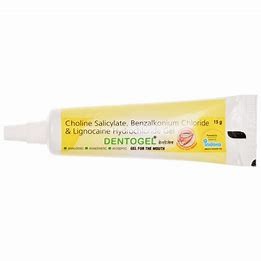
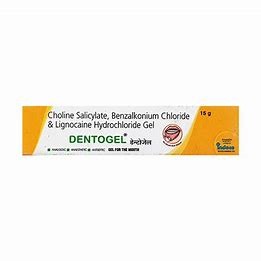
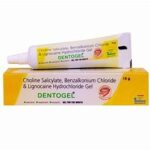
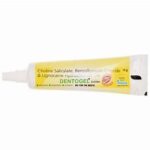
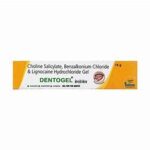






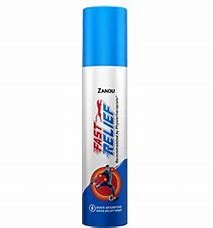
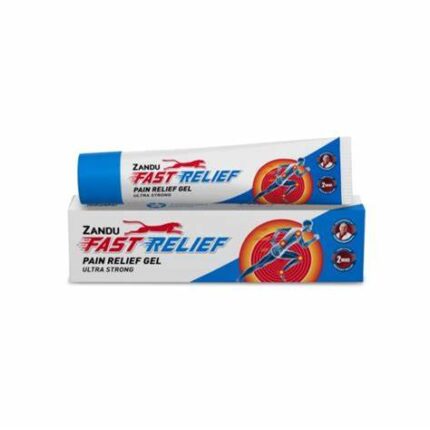
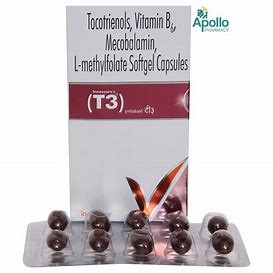
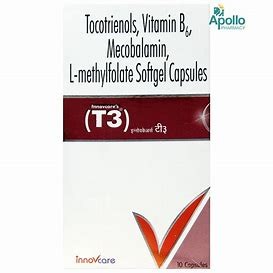
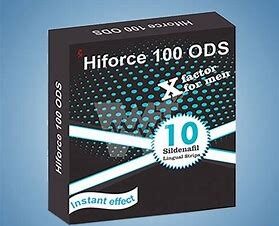
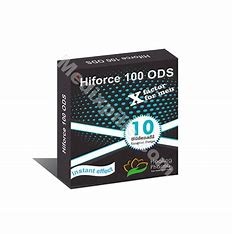
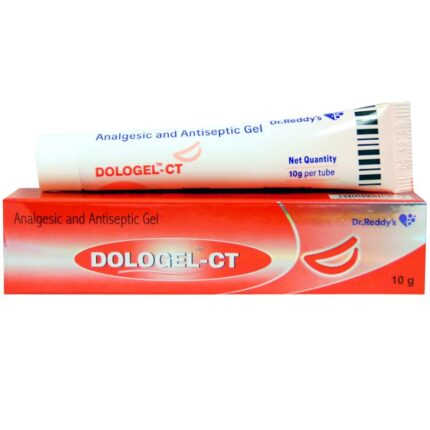

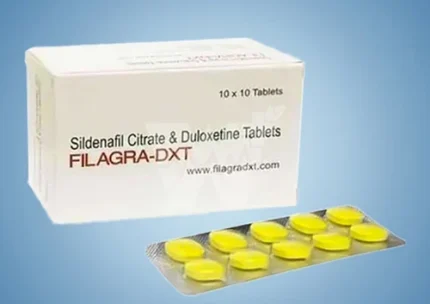
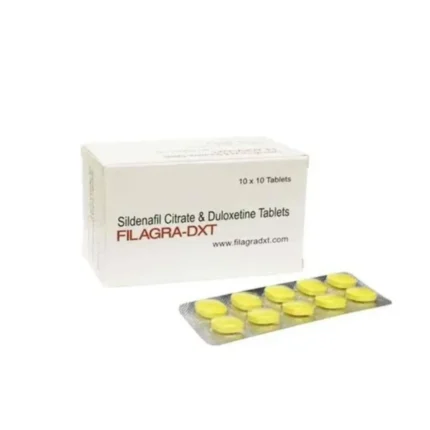




Reviews
There are no reviews yet.